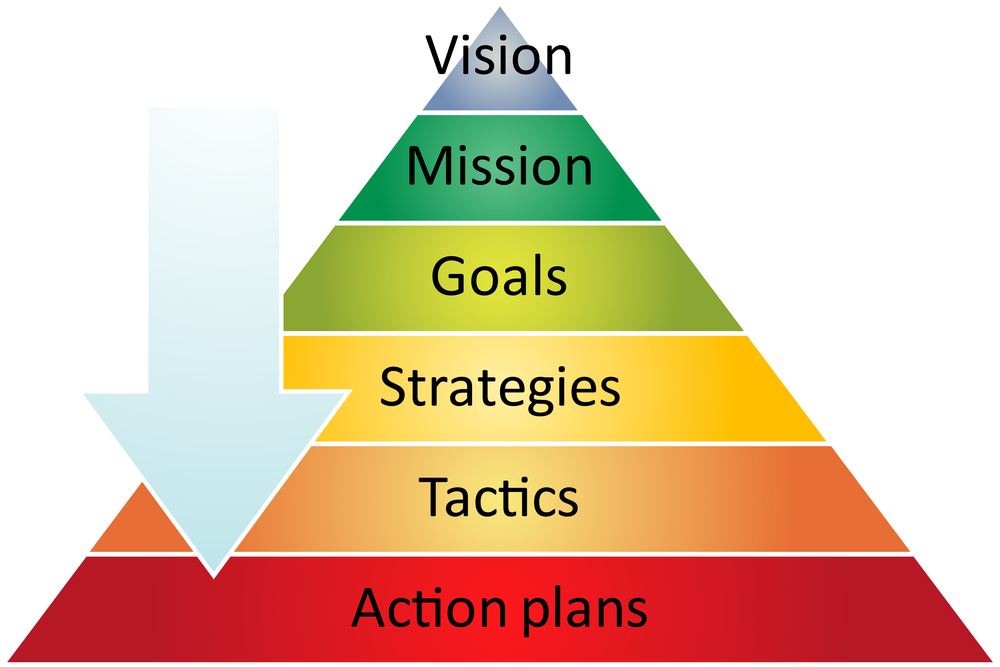Black America’s Destructive Change in Strategy and Tactics
I am starting this opinion piece on 28 January 2021; Black History Month begins in a few days. As I think about the intended purpose of that designated time, an overwhelming sense of sorrow, of grief, overtakes me. A Black History Month article (updated 27 January 2021) at http://www.history.com gives this purpose for the month: “Black History Month is an annual celebration of achievements by African Americans and a time for recognizing their central role in U.S. history.”
In my lifetime, our nation has had substantial reason to celebrate and appreciate many black Americans who, in powerfully positive fashion, contributed not only to our country, but to the world. This weight of sadness that I feel now is because, even though there are still black citizens worthy of note for what they contribute to humanity, the numbers of such people seem far less than was the case just a few years ago. Even more painful than the much lower numbers is what I see as the reason for this decline. Not only are we failing to produce numbers of towering contributors to the well-being of society; instead, black Americans are, to a substantial extent, providing fuel for the destruction of this great nation. I would argue that this is due to black America’s change in strategy and tactics.
Strategy is defined as overall aims, while tactics are those actions employed in pursuing those overall aims. I contend that what was the prevailing strategy and tactics of black Americans for many years is obvious if one takes time to study the lives of those who lived in that period. The candidates for study are numerous, but the life and career of General Benjamin O. Davis, Jr. superbly illustrates the strategy and tactics to which I am referring.

General Davis was the first black to graduate from the U.S. Military Academy at West Point in the 20th Century and the fourth in the Academy’s history, ranking 35 in a class of 276. His dream was to become an aviator, but was not allowed to do so because the Army Air Corps was not accepting blacks for flight training. Despite initially not being allowed to enter flight training in the Army, he did so later and went on to reach the rank of Lieutenant General in the U.S. Air Force that, in 1947, became a separate military branch. Among Davis’ assignments was that of Commander 99th Fighter Squadron. This was the Army’s first black fighter squadron. It performed in outstanding fashion during World War II and Davis proved highly effective and successful as squadron commander. In December 1998, well after his retirement in 1970, President Bill Clinton promoted Benjamin O. Davis, Jr. to full general. He had retired as a lieutenant general.
That is an extremely broad overview of General Davis’ military career. The focus for this discussion, however, is on how he set personal goals and had clear tactics for achieving those goals. Every indication is that this approach was consistent across the span of his lifetime. It shows repeatedly, but especially during his four years at West Point. That was an exceedingly difficult and challenging time. The following is from an article titled “General Benjamin O. Davis, Jr.: A Life of Fortitude and Faithfulness” by Susan Robertson:
When he matriculated into the Long Gray Line, Davis encountered a juggernaut of institutional prejudice. During his four years as a cadet, he was never assigned a roommate and frequently shunned at required social events. Even worse, he endured the entire experience with no one speaking to him outside of the line of duty. Davis patiently endured countless daily depravations and degradations and kept his eye on the prize. Remarkably, he was to note later of his ill treatment: “It was designed to make me buckle, but I refused to buckle. They didn’t understand that I was going to stay there. That I was going to graduate.” When he did graduate and was commissioned as a second lieutenant in 1936, the Army had only two black line officers, Benjamin O. Davis, Sr., and Benjamin O. Davis, Jr.
Such was Davis’ grace and character, he would say of his time at West Point: ”Living as a prisoner in solitary confinement for four years had not destroyed my personality, nor poisoned my attitude toward other people.” Yet, in spite of, or rather, because of the hardships he endured, Davis had already made an impact on his future fellow officers. In the 1936 issue of The Howitzer, West Point’s yearbook, it was said of him:
The courage, tenacity, and intelligence with which he conquered a problem incomparably more difficult than plebe year won for him the sincere admiration of his classmates, and his single-minded determination to continue in his chosen career cannot fail to inspire respect wherever fortune may lead him.
What I see here is a man who understood the power of persuasion that comes with doing a job well and demonstrating resolve in the face of challenging situations. When life is unfair and it feels as though the world is against us, we, as individuals, must choose how to respond. Benjamin O. Davis, Jr. chose a goal, worked hard, refused to give up; in the process, he achieved much and gained the respect of many who had treated him unfairly…as well as many who might have otherwise done so in the future. This was the prevailing approach to life among black Americans during his time and for generations before and maybe for some after him. Even though confronted with unfair treatment, embracing the Davis strategy and tactics rewarded black Americans with improved respect and advancement in society and in living conditions.
I was born shortly after the end of World War II, when the life strategies and tactics employed by General Davis were still very present among black Americans. I saw it work in the lives of my parents, grandmothers (both of my grandfathers died before I was born), uncles, and aunts.

I lived with my maternal grandmother, Ma’ Bessie, until I was eight years old. One day, when I was about seven, she told me to sweep the back porch. I was simply sweeping the easy-to-reach areas. She came over and took the broom and demonstrated how I should sweep the corners and along the base of the walls. Then she looked into my young eyes and said, “Karl, whatever you do in life, do it well; you don’t know what you will have to do to earn a living, but whatever it is, do it well.” This was a lady whose husband had died and left her with three small children to rear. She did it all alone. I remember her washing the clothes of people as a source of income. I especially remember how she would starch and iron white shirts to perfection and hang them on the front porch for pick up.
Ma’ Bessie never gained the fame of a Benjamin O. Davis, Jr., but she had that same set of life strategies and tactics. I will be forever thankful that she, and others, exposed me to that life approach. Whatever good I have done in life, whatever genuine success has come to me, I owe to God and to people like Ma’ Bessie who were put in my life by Him.
Simply put, I contend that, for the most part, black America has shifted to goals and strategies that would not be recognized, or considered reasonable, by Ma’ Bessie, General Davis, and millions of black Americans who built successful lives by employing the approach described to this point. This shift has brought far too many black Americans to focus on quotas for employment, education, and business opportunities; de-emphasizing the two parent family unit; looking to government to solve problems of poverty, alleged racism, low academic achievement; placing self-serving individuals in positions of power and influence; literally making every problem that plagues black Americans about racism; calling for self-destructive actions, such as de-funding police when they are extremely needed in the black community; protesting in a fashion that routinely ends in riots, looting, and destruction of property along with lives and livelihoods; creating a victim mentality among black Americans. Without doubt, this approach is not only proving destructive for black Americans, but also for all of America.
In the final analysis, the pressing question is: which group of goals and strategies should be the choice of black America today? Given that the approach employed by Ma’ Bessie, General Davis, and millions of other black Americans proved extremely successful while today’s prevailing approach is contributing to the destruction of a people and a country, the choice is crystal clear for me. Because the successful goals and strategies of the past have been discarded in favor of a shiny new destructive set, I grieve deeply.





Leave a Reply